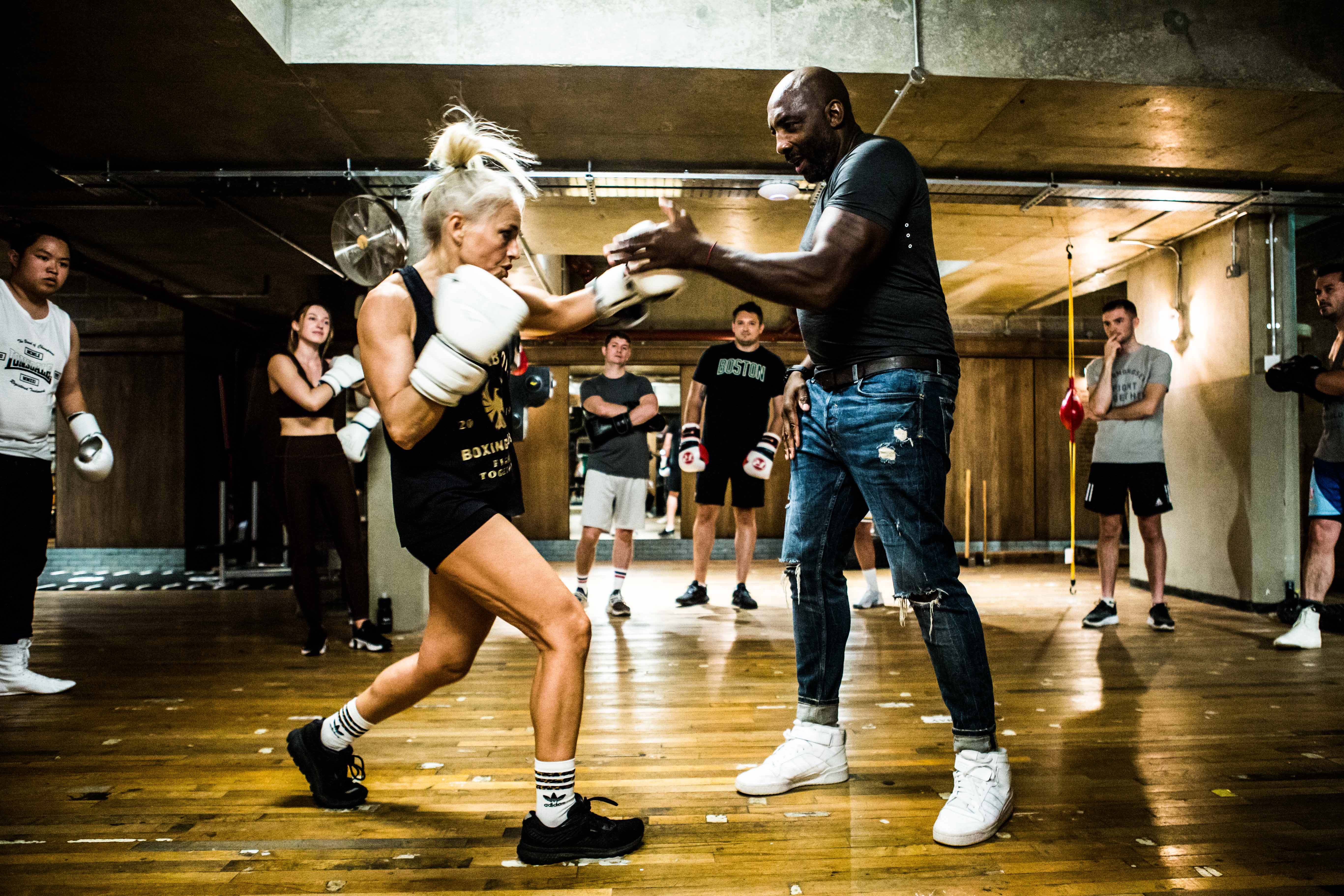
Intrinsic vs Extrinsic Motivation
“Why you play determines how you play”
Motivation is your willingness to take action. Motivation involves the biological, emotional, social, and cognitive forces that inspire action. It is the driving force behind human behaviour. A person who feels no impetus to act can be characterised as unmotivated, whereas someone who is energised towards an outcome is considered motivated.
People have different amounts of motivation and different reasons to be motivated. Motivation can more broadly be defined as a combination of the internal drive to achieve our aims and the outside factors that affect it. As this definition suggests, there are two identifiable sources of motivation; intrinsic and extrinsic.
INTRINSIC
Strictly-speaking intrinsic motivation provokes us to act for the inherent joy and satisfaction we derive from that action. Intrinsic motivation simply occurs when we act for no external recognition or reward for our behaviour. Intrinsic motivation is more pervasive in our youth, when the pressures to act or perform are less governed by the need for rewards and recognition in the workplace for example. For a high-level of intrinsic motivation people must experience satisfaction both from an autonomy and competence perspective. We like things that we’re good at and we’re good at things we like. Autonomy gives us the sense that we’re in control. Those with autonomy tend to be more self-mastery oriented, more likely to spontaneously explore and extend themselves.
Athletes that participate in sports predominantly due to internal factors such as enjoyment and satisfaction from participating or by playing the game, will focus on skill development and self-improvement. There are several ways in which this transitions into enhanced performance in the sport.
EXTRINSIC
Extrinsic motivation refers to behaviour driven by external rewards or some separable outcome other than inherent satisfaction. These rewards can be tangible, such as money and medals, or intangible, such as status and fame. Unlike intrinsic motivation, which arises from within the individual, extrinsic motivation is focused purely on outside rewards.
Although intrinsic motivation is clearly an important type of motivation, most of the activities that people undertake are not, strictly-speaking, intrinsically motivated. From our youth onwards we tend to be more curtailed by social demands and by roles that entrust us with some responsibilities. However, we can still retain autonomy of our actions. For example, a footballer who turns up to training to avoid a fine from the club for absenteeism is extrinsically motivated. Similarly a boxer who turns up to training because he sees it as invaluable to his chosen career is also extrinsically motivated because they see it being of instrumental value, rather than because they find it interesting. Both examples involve instrumentalities, but the latter involves personal endorsement and a feeling of choice. The footballer is acting out of compliance to an external control.
INTRINSIC vs EXTRINSIC
So what’s the better source of motivation and if not, what’s the right balance between intrinsic or extrinsic motivation to amplify performance?
The relative importance of intrinsic and extrinsic motivation depends on the individual. Intrinsic motivation is a crucial element for younger athletes developing their sporting prowess. Most experts also indicate that elite athletes must have high levels of intrinsic motivation to remain focused through adversity. Research has shown that superior skill development in sports results from intrinsic motivation. Athletes who rely extensively on extrinsic motivation for performance are more liable to become discouraged and will suffer from performance anxiety. To help moderate performance anxiety, the impetus should be on giving your all versus striving purely for the performance outcome. The more focused on effort you are, the less that fear will disrupt your performance and the higher the odds of achieving the desire outcome.
It could be argued that extrinsically motivated athletes predominantly exhibit a superior competitive drive than in intrinsically motivated athletes. While intrinsic motivation can help athletes develop skills for the sport, often extrinsically motivated athletes find an extra gear for competition. Extrinsically motivated athletes often present a greater passion for sporting outcomes.
Offering excessive rewards can actually lead to a decrease in intrinsic motivation.This tendency for extrinsic motivation to interfere with intrinsic motivation is known as the overjustification effect. This involves a decrease in intrinsically motivated behaviours after the behaviour is extrinsically rewarded and the reinforcement of that behaviour is subsequently discontinued.
Why would rewarding an already intrinsically rewarding behaviour lead to disinterest? One reason is that people tend to analyse their own motivations for engaging in an activity. Once they have been externally rewarded for performing an action, they assign too much importance to the role of the reinforcement in their behaviour.
Another possible reason is that activities that initially feel like fun and explorative can be transformed into work or obligations when tied to an external reward. Extrinsic rewards can be an important tool in motivating behaviour, but experts warn that they should be used with caution.
In conclusion, A combination of intrinsic and extrinsic motivation is necessary to bring out the best in athletes. It is the job of coaches, trainers, sports psychologists, teammates, and athletes to develop aspects of both intrinsic and extrinsic motivation.
At REAL we strive to improve and perform, driven by self-mastery. Empower your limits and illuminate your potential. You are your biggest reward.









Leave a comment
This site is protected by hCaptcha and the hCaptcha Privacy Policy and Terms of Service apply.